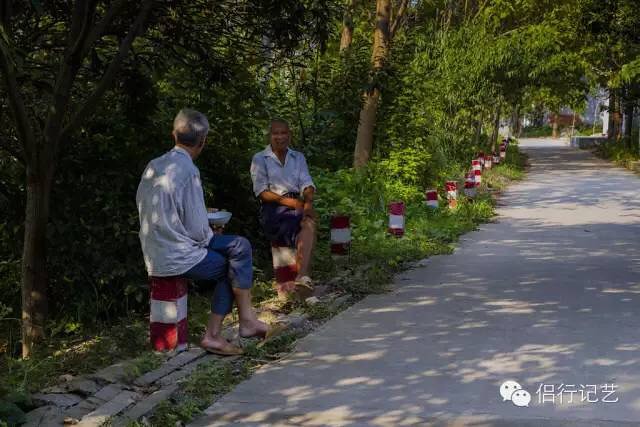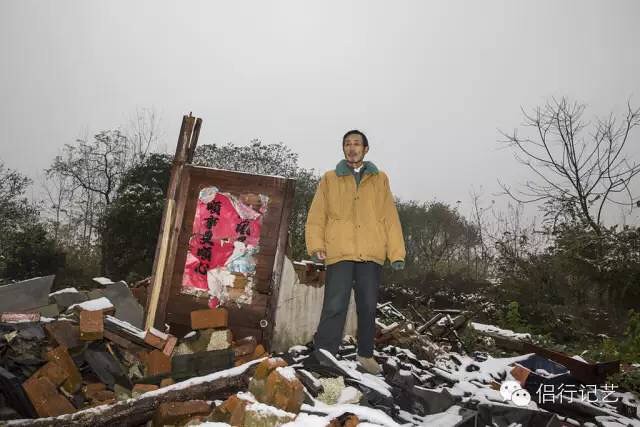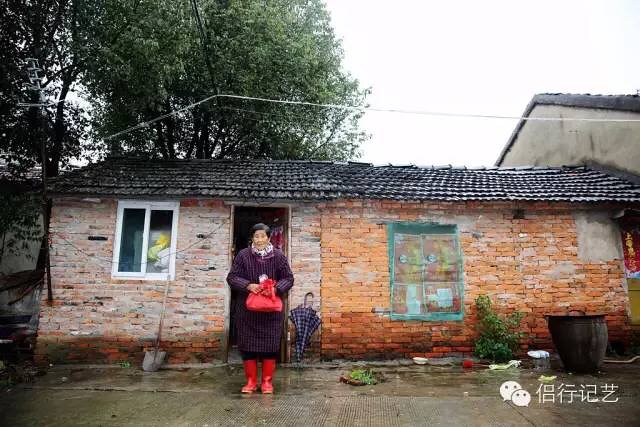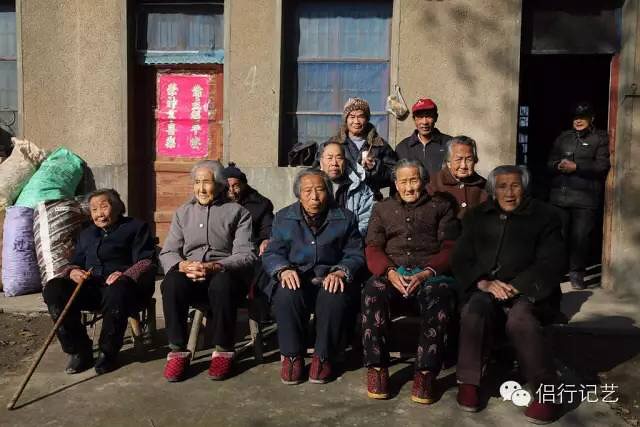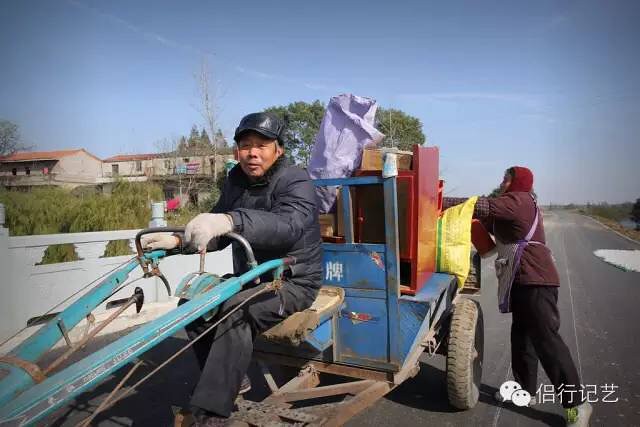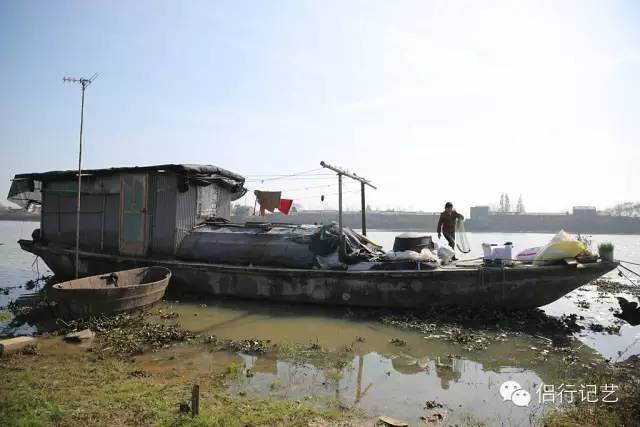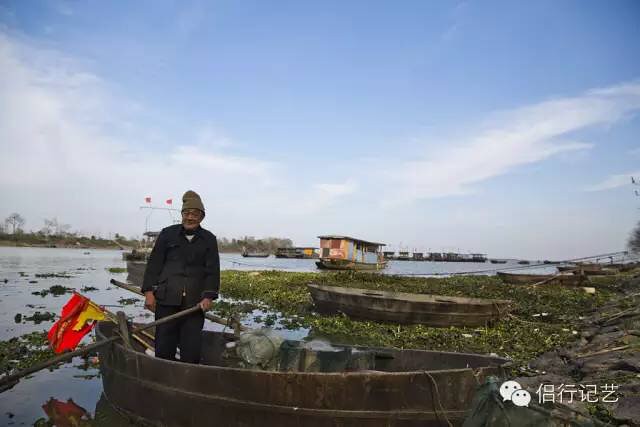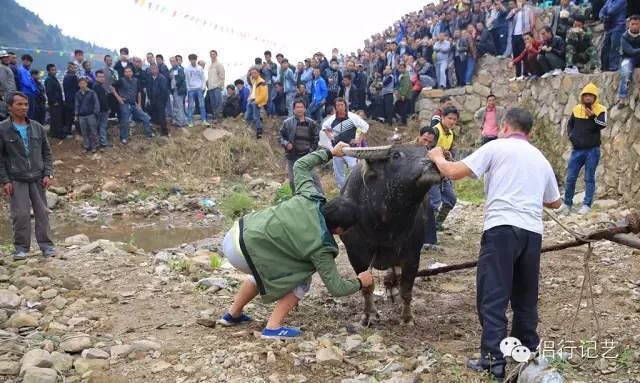The last time we peeked at Lei Hu’s photo blog, Lei was giving us a cheery look at a China that we rarely get to see: the countryside and its beauty. But there’s a dark side to country life in China, as well, and a new blog post from Lei explores some of the less romantic aspects of life outside the city.
Lei writes that many people think rural life is about “pastures, poetry, and wine,” but the reality is far different. For the past two years that Lei and his wife have recorded their daily life in Chibi, Hubei province, they have had a guiding principle: photograph everything they see, write everything they feel. What they’ve seen is a village in the process of withering.
Last November, Lei and his wife took their daughter to visit her mother’s hometown—Sanhe, in Anhui province—which was soon to be demolished to make way for modern houses to be inhabited by city-dwellers moving to the countryside but disappointed with the existing infrastructure of the village.
Before it started, Lei asked friends working in the media to report on the demolition. Their response was that so many villages in China are being destroyed that it wouldn’t be newsworthy, so he decided to record it himself. “When the kids grow up, I want to tell them where I came from,” his wife says. Part of their goal is to correct what they see as a huge problem for rural Chinese—that they aren’t thought of as real people, but as caricatures of traditional Chinese culture.
“The real life of villagers isn’t poetic—it’s just everyday life.” (Photo by Ruan Chuanju)
“As locals see it, a house is something you struggle your whole life to earn, but to tear it down only takes one night.” (Photo by Ruan Chuanju)
The saddest part of his story is about his wife’s 89-year-old grandmother, who cares for her mentally ill son. According to Lei, every village has one or two mentally ill people who usually have to fend for themselves, but his wife’s grandmother would do anything for her son. She was the first person to turn her keys over to the demolition team, in hopes of getting a ground-floor apartment so she doesn’t have to use the stairs, but when it came time to move to the new building, all the ground-floor apartments had already been taken. Lei’s grandmother has been forced to plan for the worst; before she dies, she intends to give poison pills to her son, who has no one else to care for him. (Photo by Ruan Chuanju)
After the demolition, many old people were left homeless because people feared they’d die alone in their houses. The government provided an abandoned nursing home for them to live in. Lei says the older villagers are angry and feel as though they are being discarded like garbage. (Photo by Ruan Chuanju)
“Villagers flee their homes. Demolition has yet to reach Wuhe village (near Sanhe), on the bank of the Hangbu River, but the villagers are already starting to flee, fearing a time when they can't afford a house elsewhere.” (Photo by Ruan Chuanju)
“After their home was demolished, these villagers were unable to rent a house and could only buy a boat to live on the river.” (Photo by Ruan Chuanju)
Wang Desheng will be 80 in two months. For generations, his family lived in North Gate Village. For 50 years, he and his wife have made their living fishing on this river. But without their village, their way of life is no longer possible. (Photo by Ruan Chuanju)
Lei considers bullfighting to be a cruel act. The defeated bull waits to be slaughtered while the people watch, waiting to divide the meat. (Photo by Ruan Chuanju)
You can see Lei’s full blog here.




